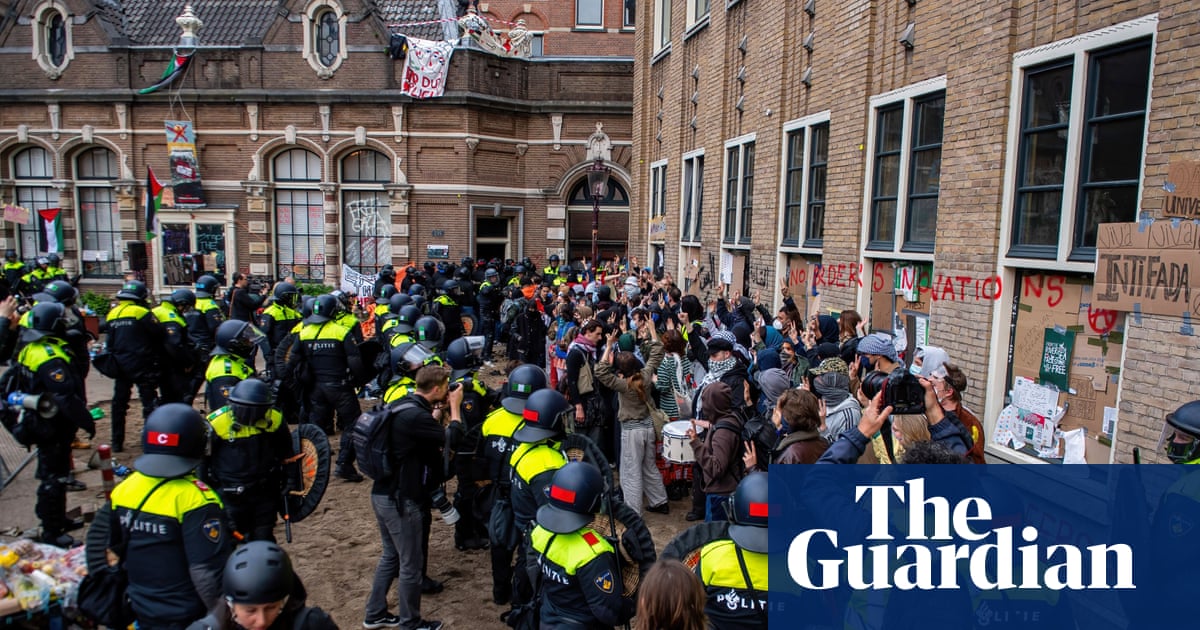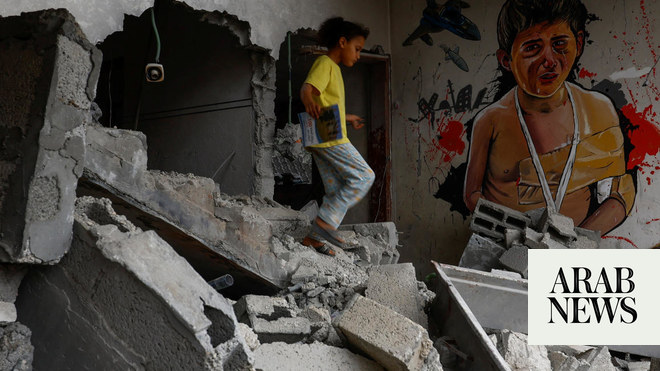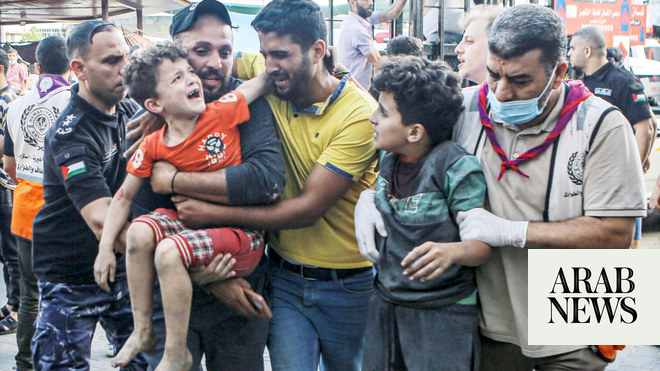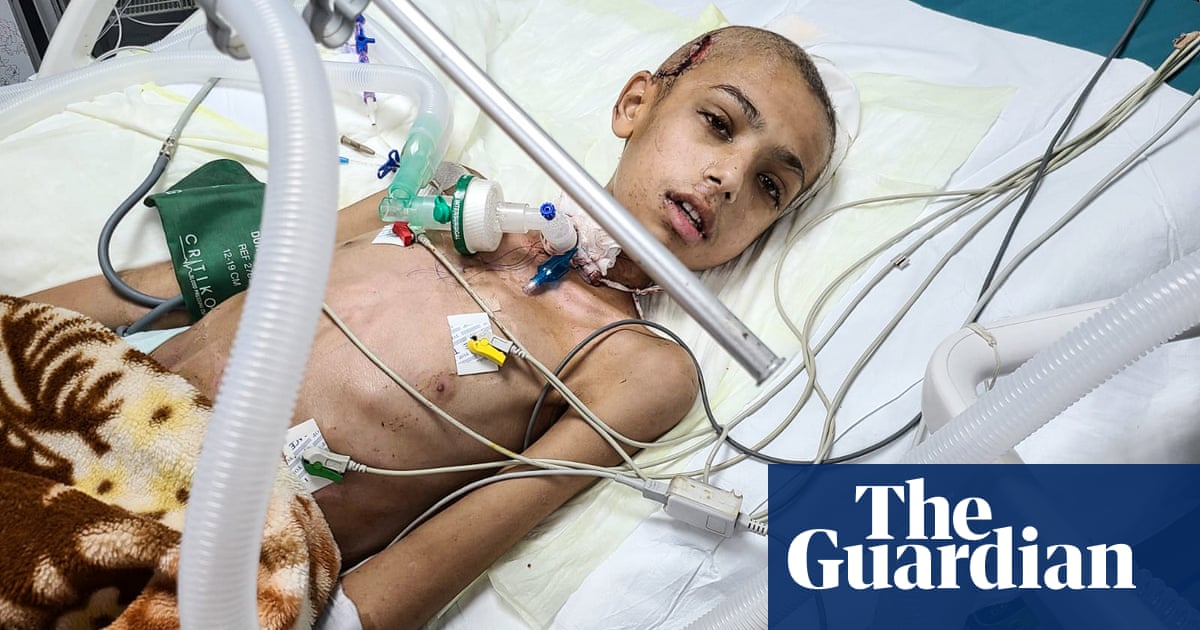
Of Jordan’s 11 million people, 5.1 million are registered voters aged over 18
AMMAN: Jordanians voted Tuesday in a parliamentary election overshadowed by the Gaza war and concerns over a slump in tourism, a sector vital to the kingdom’s economy.
It is the first vote since a 2022 reform increased the number of seats in the house, reserving more for women and lowering the minimum age for candidates.
Despite these efforts to modernize the legislature, voters and candidates said the war in the Gaza Strip dominated the election.
After voting, Prime Minister Bisher Khasawneh said he hoped the turnout would not be affected by “this brutal Israeli aggression.”
“We hope that the vote will be high and befitting of this national occasion,” he said.
Independent Election Commission chairman Musa Maaytah later told a news conference he expected turnout “to be around the average of the previous elections in 2020 and 2016” when it was “around 30 percent.”
Polls closed at 7:00 p.m. (1600 GMT), with the electoral authority announcing a turnout of about 32 percent.
Chief European parliament observer Zeljana Zovko had earlier told reporters voting was “going smoothly.”
Analysts had predicted a high abstention rate, with Islamist candidates struggling to harness public anger over the devastating war in Gaza sparked by Hamas’s unprecedented October 7 attack on Israel.
Jordan signed a peace treaty with Israel in 1994, becoming only the second Arab state to do so after Egypt. But around half its population is of Palestinian origin, and protests calling for the treaty’s cancelation have been frequent since the war erupted.
Tensions escalated further two days before polling day when a Jordanian gunman killed three Israeli guards at Jordan’s border crossing with the occupied West Bank — the first such attack since the 1990s.
Voters meanwhile fear the ongoing war will continue to strain the economy until Israel and Palestinian militants Hamas reach a ceasefire.
Tourism — a sector Jordan relies on for about 14 percent of its gross domestic product — has declined since the war began.
“The situation, frankly, is going from bad to worse in terms of job opportunities, and the salaries are low with long working hours,” said 21-year-old engineering student Fayez Al-Disi.
Retired schoolteacher Dalal Moussa said it was important to choose the best candidates “so that we have a role in what is happening around us” in the region.
Compounding the country’s economic woes, public debt has neared $50 billion and unemployment hit 21 percent in the first quarter of this year.
Candidates include tribal leaders, centrists, leftists and Islamists from the country’s largest opposition group, the Muslim Brotherhood-affiliated Islamic Action Front (IAF).
According to the election commission, more than 5.1 million people are registered to vote in the country of 11.5 million.
“What is happening in Gaza... (the) killing, destruction and tragedies broadcast daily on television, makes us feel pain, helplessness, humiliation and degradation, and makes us forget the elections and everything that is happening around us,” said Omar Mohammed, a 43-year-old civil servant.
Islamist candidates have sought to capitalize on the public anger.
“The Gaza war and the Palestinian cause occupy a major place in Jordanian elections, as all eyes and minds are on Gaza and Palestine and the massacres taking place there against the Palestinian people,” said IAF candidate Saleh Armouti.
He told AFP the elections “serve the Palestinian cause and the region, but I also fear that there will be some abstention from voting due to these events.”
Oraib Rantawi, head of the Amman-based Al Quds Center for Political Studies, agreed that turnout was likely to be hit but said significant Islamist gains were unlikely.
“The improvement in these forces’ status and parliamentary representation will be modest,” he told AFP.












